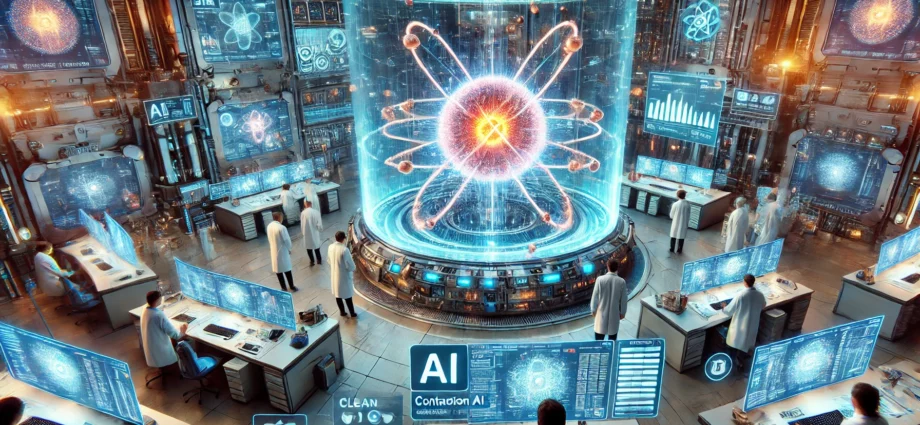AI is being used to enhance nuclear fusion research by predicting and controlling plasma instabilities, which could pave the way for commercial fusion reactors and significantly reduce the carbon footprint of energy production.
Main Points:
- Predicting Plasma Instabilities: AI models can forecast and prevent plasma instabilities in nuclear fusion reactors, enhancing the efficiency and stability of fusion reactions.
- Accelerating Fusion Research: Major institutions and startups are integrating AI into fusion research, addressing computational challenges and optimizing reactor designs.
- Clean Energy Potential: AI’s role in fusion research is critical for developing sustainable energy solutions that can support the growing demands of AI technologies and reduce climate impacts.
Summary:
Artificial intelligence is playing a pivotal role in advancing nuclear fusion research, a field that holds the promise of providing nearly limitless, clean energy by mimicking the processes powering stars. Researchers at institutions like the Princeton Plasma Physics Laboratory (PPPL) and projects such as ITER are employing AI to predict and control plasma instabilities, which are crucial for maintaining the stability and efficiency of fusion reactions. By using machine learning to analyze vast amounts of experimental data and simulations, scientists aim to develop AI controllers that can manage multiple types of plasma instabilities simultaneously, potentially making fusion reactors more reliable and closer to commercial viability.
The integration of AI into fusion research is not without challenges. The complexity of plasma physics, the need for extensive computational resources, and the requirement for high-quality data sets are significant hurdles. However, the benefits are substantial. AI can accelerate the pace of discovery and innovation in fusion research, leading to the development of optimized reactor designs and fusion-friendly materials. This progress is crucial for meeting the energy demands of future AI developments while minimizing the environmental impact.
AI’s contribution to nuclear fusion research exemplifies how technological advancements can address some of the most pressing challenges of our time, including climate change and sustainable energy production. As AI continues to evolve and more data from fusion experiments become available, the journey towards practical, commercial fusion energy looks increasingly promising.
Source: AI is exhausting the power grid. Tech firms are seeking a miracle solution.
Keep up to date on the latest AI news and tools by subscribing to our weekly newsletter, or following up on Twitter and Facebook.







